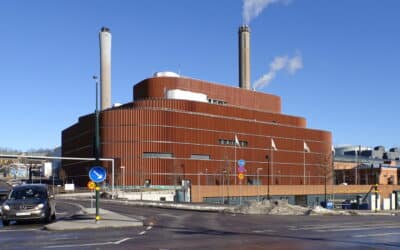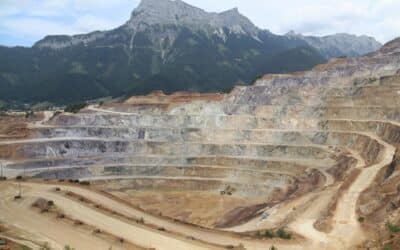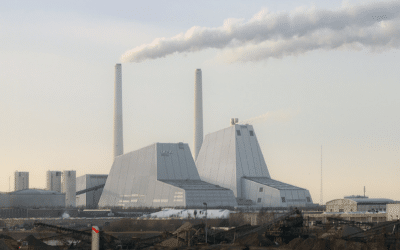This comment by Biofuelwatch’s Almuth Ernsting was posted in reply to a guest article by Prof Jason Lowe (Head of Knowledge Integration and Mitigation Advice at the UK’s Met Office and lead scientist for the government-funded AVOID2 research programme) which was published on the Carbon Brief website, as part of its series on “negative emissions”.
Guest post: Do we need BECCS to avoid dangerous climate change?
Comment:
The researchers who carried out the IAM models summarised in the IPCC report were not tasked with studying the scientific literature about the life-cycle carbon of bioenergy, nor the evidence about the energy balances and the technical challenges associated with BECCS technologies. As a Biofuelwatch report on BECCS (which I co-authored) illustrates, the modellers simply input ‘carbon negative’ figures for BECCS and they followed a brief which stated that if a technology is described as feasible in a single peer-reviewed study, this could be accepted as evidence that it was. So clearly these modelling results can tell us nothing about the viability of BECCS technologies, nor about the true climate impacts.
The claim that bioenergy is inherently carbon neutral or very low-carbon has been debunked by a large volume of scientific studies, which show that the climate impacts can be even worse than those of fossil fuels (per unit of energy) when considered over a period of decades or even centuries. Yet this claim continues to lie at the heart of the concept of BECCS.
As for the technical viability, Professor Lowe goes further than anything stated in the IPCC report and claims that there are 15 BECCS pilot projects in addition to a demonstration project in Decatur. Where and what are those projects? The Decatur project involves capturing CO2 from fermentation at an ADM corn ethanol refinery for a geological carbon sequestration trial (with ethanol fermentation resulting in an almost pure CO2 stream which is far easier and cheaper to capture than CO2 emitted from power plants). ADM themselves have merely described this as reducing emissions from the corn ethanol refinery in question. The fossil-fuel CO2 emissions from powering the refinery alone are greater than the amount of CO2 captured from fermentation – so it most certainly can’t be deemed carbon negative.
As for the supposed other 15 pilot projects – might those be ones where CO2 is being captured from similar ethanol refineries and used to try and get more oil out of depleted oil fields (resulting in further fossil fuel carbon emissions), plus ones that use CO2 for fizzy drinks and food products? None of which could possibly be described as ‘carbon sequestration’.
In reality, there’s only one commercial-scale coal power station with CCS and none that burns biomass (and not even a pilot project form a biomass-burning plant). That one coal CCS project (Boundary Dam) has never yet operated successfully – and for the intermittent periods it’s worked at all, it’s used at least 30% of the plant’s energy just for carbon capture and compression. That figure would be far higher still in any potential BECCS power plant.


